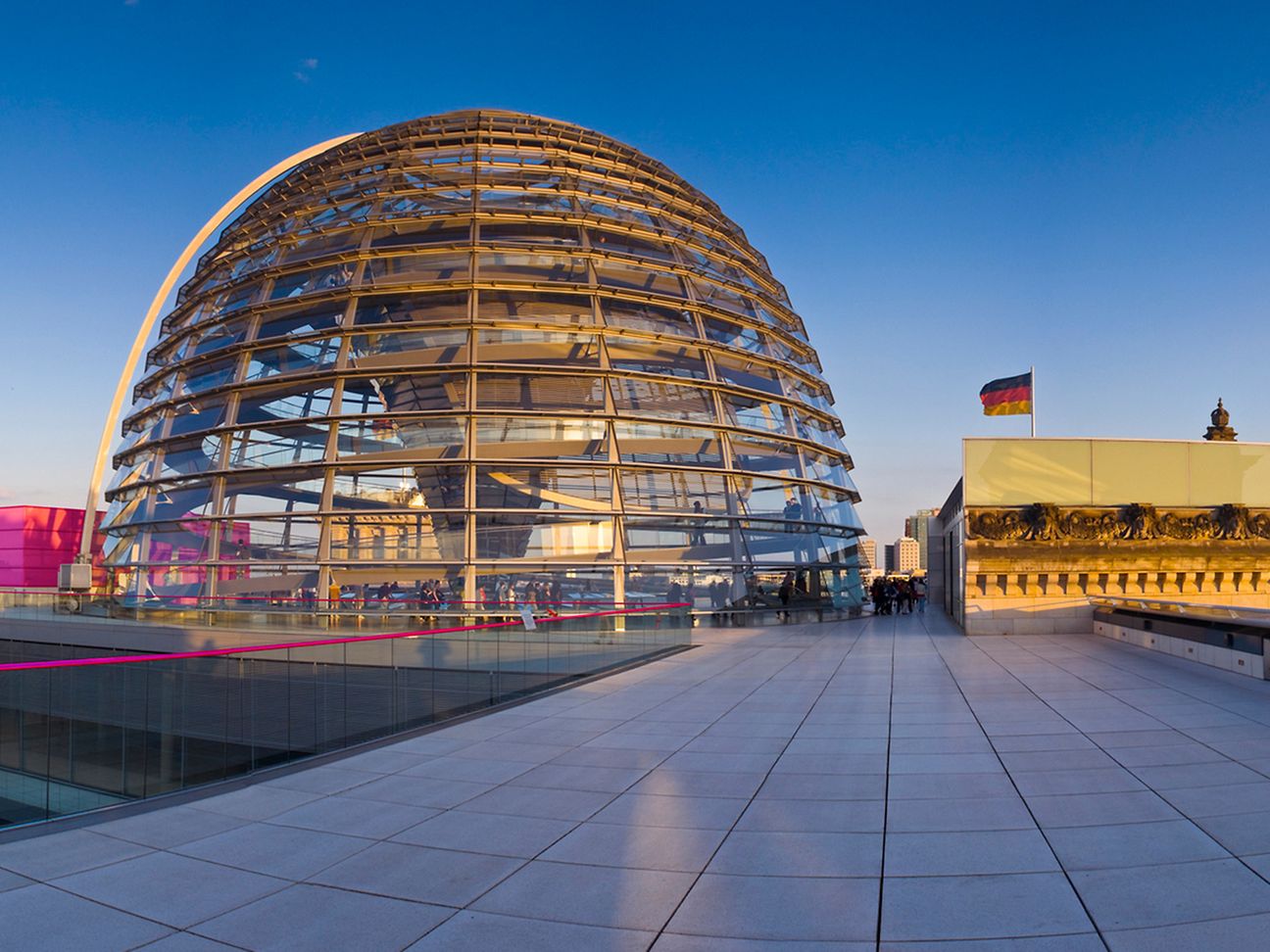

Making the Green Deal the Real Deal
Dominique Leroy explains her view on the role Telecom industries play when it comes to achieving the ambitious EU Green Deal goals. She makes it very clear: There will be no climate neutrality without a digitalization push. This article was first published on euractiv.com.
Front-page news testifies how the world is fighting the two fiercest battles of our time: the pandemic and the accelerated global warming. While we are starting to emerge from the pandemic, no corner of the globe is “immune” to the devastating consequences of climate change. Recent pictures of unprecedented weather events – flooding, extreme heat, wildfires – leave us in shock. Reversing the ecological crisis is starting to become a matter of life or death. In any case the imperative is to act.
No climate neutrality without a digitalization
With its ambitious “Green Deal” agenda the European Commission wants to set an example – hoping that other regions of the world will follow. President Ursula von der Leyen sees the twin green and digital transition a key pillar of the post-Covid19 recovery. The future is smart and sustainable – both are two sides of the same coin: no climate neutrality without digitalization.
The ICT sector is a lifeline. This held true for managing the pandemic, this will hold true for making Europe the first climate-neutral continent by 2050. Only by scaling up Europe’s action in the field of digitalization, can we achieve these ambitious climate targets.
There is a broad agreement among scientists that the ICT sector helps cut much more CO2 emissions than it produces itself. According to a recent BCG study, widespread adoption of digital solutions can reduce carbon emissions by up to 15 percent. Key enablers include for example 30 percent emission cuts thanks to smart cities and 30 percent emission cuts through digital transformation in the transport sector.
As Deutsche Telekom we help our customers in Europe to save 331 percent – or four times – more CO2 than we emit as a company – with our networks, data centers and cloud offerings, with smart applications for cities, factories and homes. Last year, the positive CO2 effects made possible on the customer side by using our products and solutions amounted to almost 38 million tons.
Sustainability as part of our Group strategy
We want to be the leading European Telco – also in terms of sustainability. That is why we have raised our own climate goals to lead by example. Sustainability is part of our Group strategy and Executive Board remuneration. By 2025 we achieve climate neutrality for our direct and indirect emissions and by 2040 for all emissions along the value chain. Starting this year, 100 percent of Deutsche Telekom’s electricity is coming from renewable energy sources. And that worldwide.
We are consistently moving towards a circular economy by offering rental models for equipment or taking back old devices. Together with other major European telecommunications providers, we have introduced an industry-wide eco-rating to assess the environmental impact of the entire process of manufacturing, using and disposing of cell phones – and to make this transparent for consumers. All newly launched T-branded devices in Germany have a sustainable packaging, we will expand that across our European footprint in the course of next year.
More energy efficiency with fiber and 5G
Deutsche Telekom is also a leading fiber and 5G company in Europe. Fiber and 5G are the most energy-efficient network generations – especially when we consider the rapid increase in data traffic. During the pandemic, digital infrastructure proved to be the backbone of society, education and the economy in Europe. Communications networks became as important as the supply of water, electricity and food. And they will retain this key role in the post-Covid world.
The rapid roll-out of fiber and 5G is therefore one of the most important infrastructure policy challenges of our time. According to the EU’s Digital Decade targets, all European households should have gigabit connections by 2030 and all populated areas should be supplied with 5G. The network investment required is estimated by the EU at an additional EUR 300 billion. This sum will have to be shouldered primarily by private companies.
Make investments in sustainable networks more attractive
For this to happen we have to make such investments more attractive and sustainable. The sector needs more support and flexibility to increase cost efficiencies: more flexible framework for network sharing and cooperation could significantly lower network roll-out costs. Moreover, a fairer way of sharing the investment burden with those benefiting from fast and resilient networks is necessary.
For instance, the demand for online services, and in particular video traffic, has exploded and been further pushed during the crisis. Today, about 80 percent of the data on our networks is generated by less than a dozen large global Internet companies. Their data is often sent unnecessarily over the Atlantic. And while they derive increasing financial returns on our networks, their willingness to contribute to network costs is close to zero. This is neither sustainable from an economic efficiency point of view nor does it provide incentives to make more efficient use of network capacity to save energy and lower the carbon footprint.
Connectivity and green transition are two sides of the same coin. No matter how we flip the coin, the impact of what we do – or fail to do – in one area has a strong impact on the other. They need to move together.
Now or never: Making the Green Deal the worthiest legacy to future generations
We as Deutsche Telekom are constantly improving the energy efficiency of our networks and data centers, and we are clearly committed to the Green Deal goals. Since the industry is already doing a lot, possible new legislation must take into account best practices that have already proven themselves in practice. And it must be in line with other EU policy objectives like the Digital Decade goals and the aim to achieve digital sovereignty including a European cloud ecosystem. We need a framework that maximizes the enabling effect of digital infrastructures and facilitates the deployment of sustainable, green-powered networks.
Challenges are tough and stakes are high, no doubt. However, I am convinced that in a joint effort with all relevant stakeholders we will manage to stop pushing the environmental limits of our planet. In what is one of the biggest economic transitions, our telecoms industry will assume an essential role as enabler and engine of a greener economy, social stability and sustainable growth in Europe. Together we have the knowledge, the capabilities and the technologies we need. Let’s join forces to make the Green Deal the worthiest legacy to future generations.
Now or never, there is no Plan(et) B.


